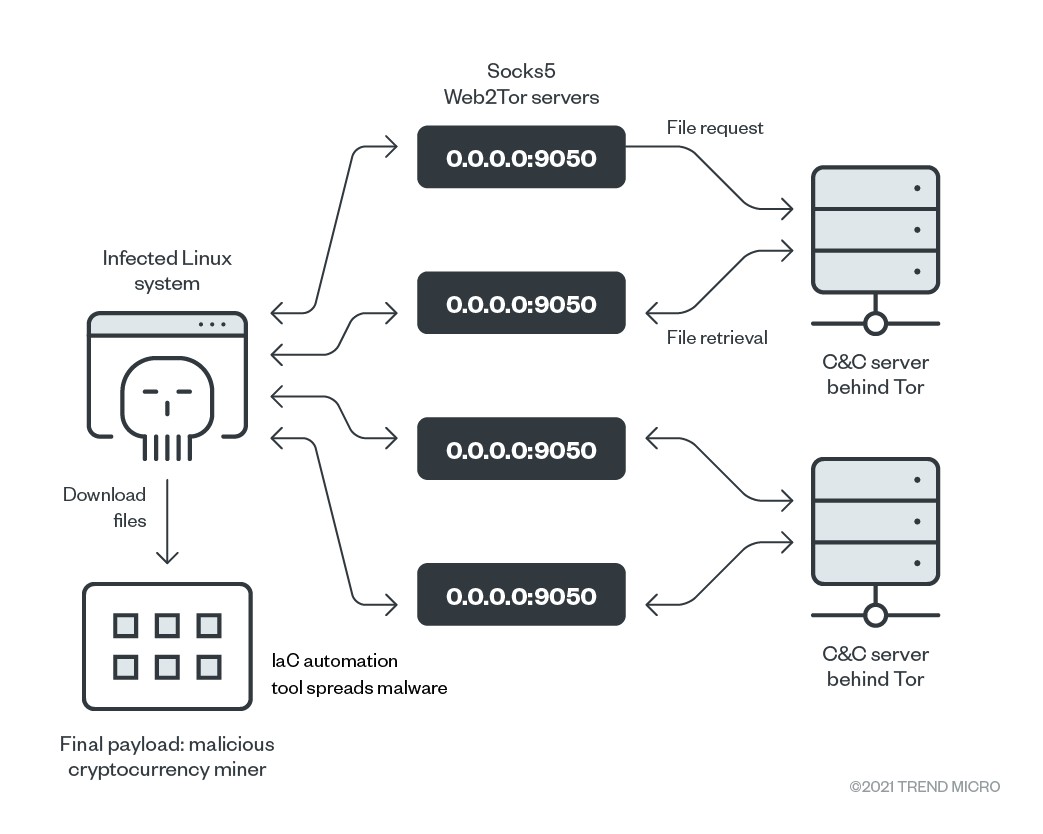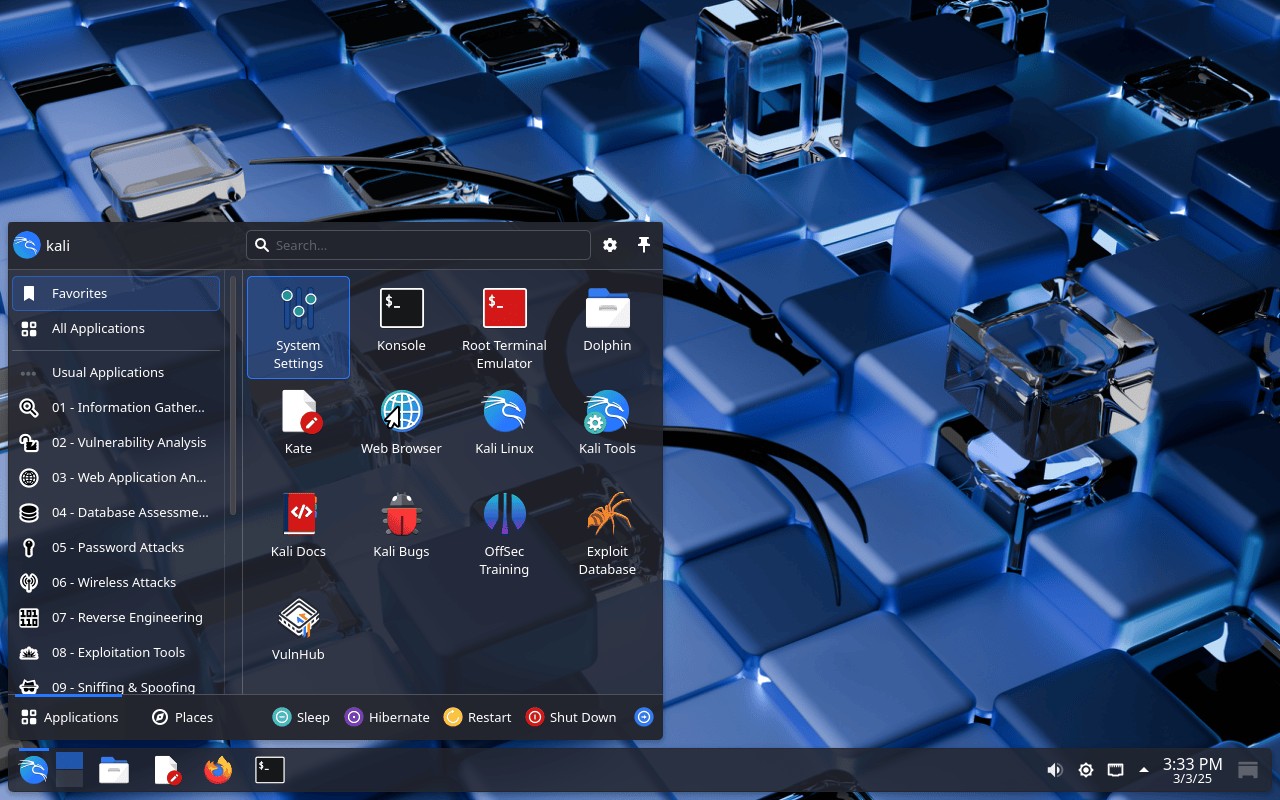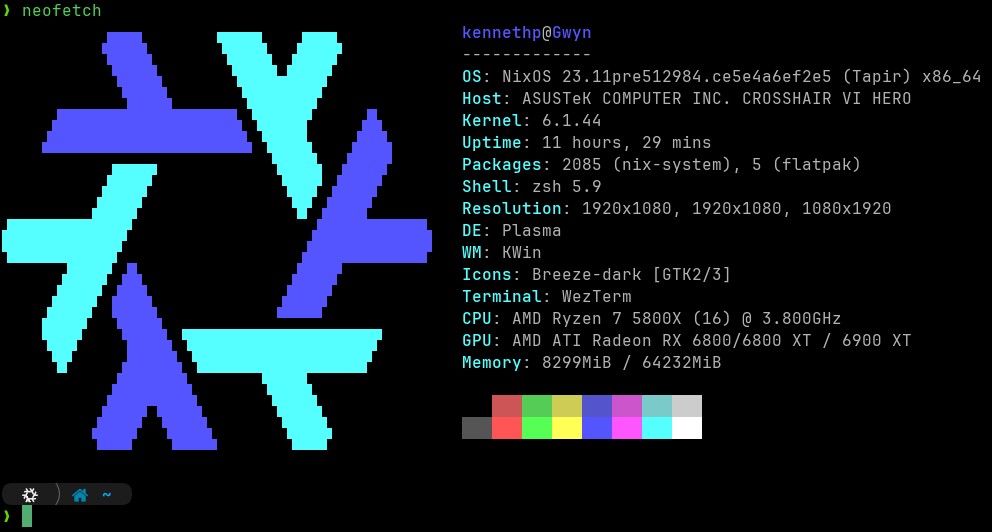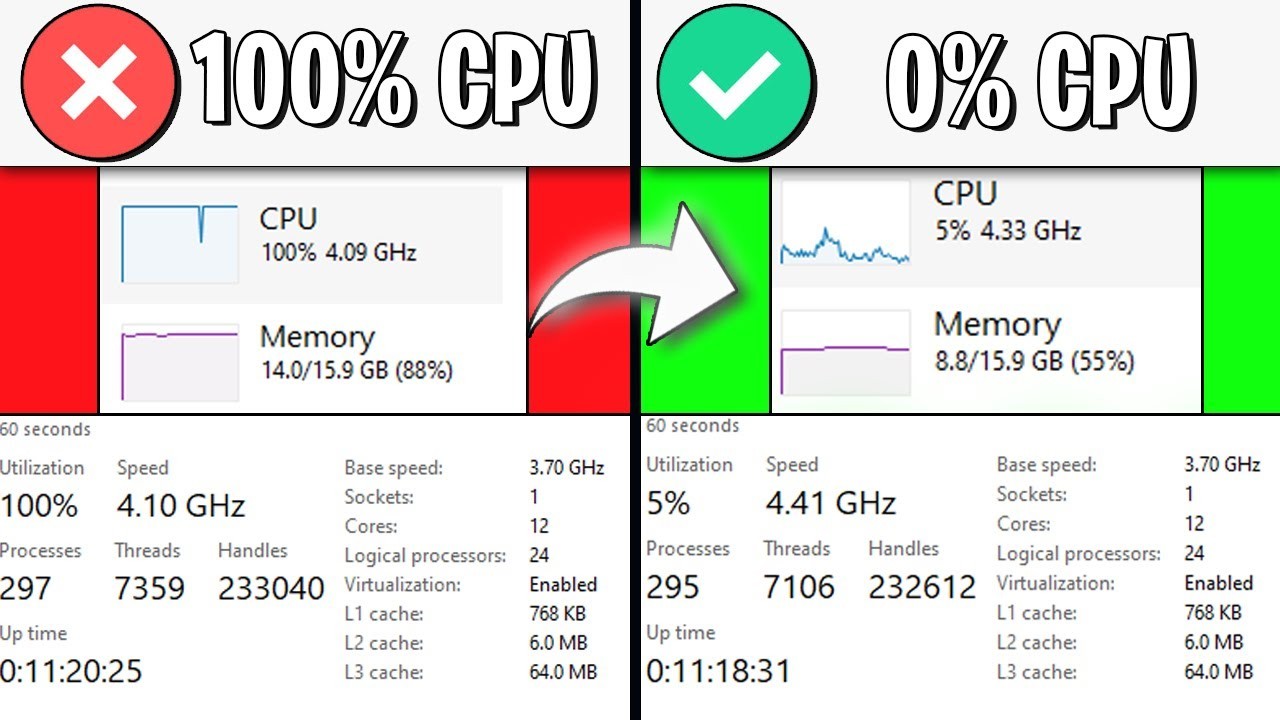Chinese State Hackers Deploy SNOWLIGHT Malware in Global Linux System Attack Campaign
Chinese state-sponsored group UNC5174 launches sophisticated attack campaign targeting Linux systems using SNOWLIGHT malware and VShell RAT. The operation, affecting multiple sectors across 20 countries, demonstrates a strategic shift toward open-source tools to evade detection.
Linux 6.14 Boosts Gaming Performance with Enhanced Windows Compatibility
The latest Linux kernel 6.14 delivers major improvements for gaming and Windows program compatibility through the new NTSYNC driver. The release also brings support for AMD's RDNA 4 graphics cards, processor optimizations, and expanded Rust integration.
Critical Vulnerabilities in Fedora's Pagure Platform Expose Supply Chain Attack Risks
Security researchers discovered multiple critical vulnerabilities in Fedora's Pagure code hosting platform that could enable supply chain attacks through malicious code injection. The most severe flaw allowed attackers to compromise repositories and package specifications, leading Fedora to patch the issues and plan migration to Forgejo.
Kali Linux 2025.1a Debuts with Sleek Visual Overhaul and Enhanced Mobile Testing
The latest Kali Linux release brings a modern visual refresh across desktop environments, with KDE Plasma 6.2 and Xfce 4.20 updates. Notable improvements include expanded Raspberry Pi 5 support and advanced mobile penetration testing capabilities through Kali NetHunter.
New Linux Backdoor 'Auto-color' Targets Academic and Government Systems
A sophisticated Linux backdoor dubbed 'Auto-color' is actively compromising universities and government institutions across North America and Asia. The stealthy malware grants attackers extensive remote access while being notably difficult to detect and remove, featuring a kill switch that hampers forensic investigations.
Critical OpenSSH Vulnerabilities Enable Session Hijacking and System Attacks
Two serious flaws in OpenSSH could allow attackers to intercept communications and trigger system outages through man-in-the-middle and DoS attacks. Security researchers urge administrators to upgrade immediately as the vulnerabilities affect multiple versions of this widely-used networking tool.
NixOS Achieves 91% Build Reproducibility Rate, Study Shows Progress and Challenges
Recent research reveals NixOS has made significant strides in build reproducibility, improving from 69% to 91% over six years across 100,000 packages. While not perfect, the findings demonstrate that large-scale reproducible builds are achievable and highlight specific areas for improvement.
Linux CPU Usage Bug: The Mystery of the Perpetual 100% Utilization
A perplexing Linux kernel bug causing false 100% CPU usage readings on ARM processors has finally been resolved. The fix, available in kernel 6.2, corrects how the system tracks idle time through proper timer register handling.
New Linux-Targeting UEFI Bootkit Discovered: BootKitty Exploits LogoFAIL Vulnerability
Security researchers have identified BootKitty, one of the first UEFI bootkits specifically designed to compromise Linux systems by exploiting firmware vulnerabilities. The sophisticated malware can persist after OS reinstallation and demonstrates concerning capabilities in bypassing kernel security measures.
First Linux UEFI Bootkit 'Bootkitty' Discovered, Marking New Era in Linux Threats
Security researchers at ESET have uncovered 'Bootkitty', the first known UEFI bootkit targeting Linux systems. While still in development, this sophisticated malware can infect startup processes and signals an emerging wave of Linux-focused cyber threats.









